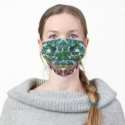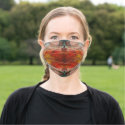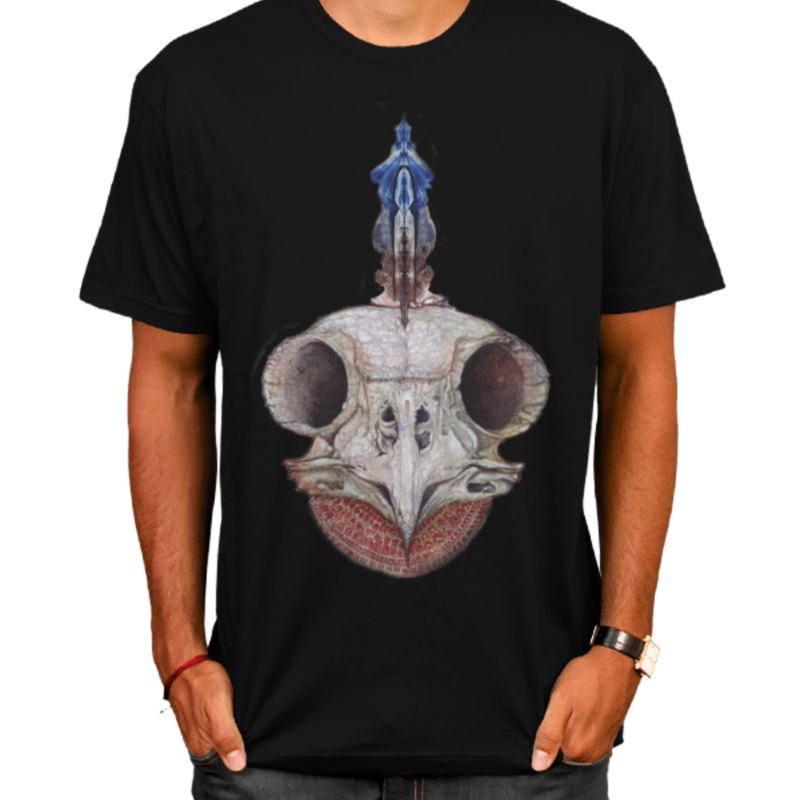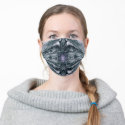MORE QUESTIONS & A FEW ANSWERS
Firstly, allow me a bit of self-promotion - we get to the serious questions after this:
As I am doing research, I am asking questions to which I do not always receive adequate answers.
So I keep digging. Here are some ABSTRACTS from which I hope to build my case:
FROM CONVERSATIONS I HAD ON WHATSAPP AND FACEBOOK:
(translate to English and show side by side with German)
WhatsApp:
Angst vor CoV bremst Öffi-Verkehr
(▲ article in German)
Facebook:
The latest news from Prof. Hendrik Streeck and the Heinsberg Study
published June 7th 2020 in RP-ONLINE article is in German, use Google Translate: Bonner Virologe Streeck plädiert für „mehr Mut“ im Sommer Bonn virologist Streeck pleads for "more courage" in summer
PROMISING LINKS
I am quoting short excerpts from these articles please click the links to read more:
ASYMPTOMATIC SPREAD MAKES TESTING KEY FOR COVID-19 FIGHT
MAY 15TH, 2020 POSTED BY JOHNS HOPKINS UNIVERSITY
The prevalence of asymptomatic cases—people infected with the virus who can spread it to others but don’t feel sick—is one of the most challenging aspects of the coronavirus pandemic, researchers say.
Current testing methods can detect asymptomatic cases. When you are infected with the coronavirus, the tests are pretty sensitive to any presence of the virus. The most common test at the moment is a PCR test, which looks for the presence of the virus’s genetic material, and some of these are more sensitive than others.
What it means to be immune to the coronavirus
April 14th 2020 in MASHABLE
"The golden rule of immunology is if you are infected with a virus, get sick, and recover, you probably won't get reinfected with the same virus," said Mark Cameron, an immunologist at Case Western Reserve University who previously helped contain the outbreak of another deadly coronavirus, SARS, in 2003.
Why, though, might a significant number of people have such mild (or no) symptoms to this new coronavirus? There could be genetic or health differences that make it more difficult for the coronaviruses to infect a cell. It's also possible that people with milder infections were only exposed to a tiny amount of the virus (like someone picking up just a few particles off a piece of mail versus an ER doctor getting sprayed with millions of viral particles). "It's possible that asymptomatic people were exposed to a much lower dose," said Brian Baker, a biochemist at the University of Notre Dame.
At the end of the day, this coronavirus may unwittingly help humanity tame the pandemic. While it's true that asymptomatic people can spread the virus when they're infected (that's why everyone must social distance right now), if one in four infected people are truly asymptomatic, that means that likely millions of people will ultimately develop immunity — whether they know it or not — and won't be able to spread the virus around until we get a vaccine. "That would be a good thing," said Baker.
"We can count on the fact that the vast majority of COVID infections will cause immunity," said Cameron, noting that a vaccine will then only add to the number of immune people. Ultimately, this is how we end this grim pandemic, now that we've failed to contain it.
The larger part of this blog is in German - again, apologies to my English Readers. The written part you can translate with Google Translate. The most recent video however is in German only. I am also embedding a English video, but that is a month old.
the heinsberg study - die Heinsberg studie
|
OTTO RAPPThis blog is primarily art related - for my photography please go to Archives
April 2024
Categories
All
|
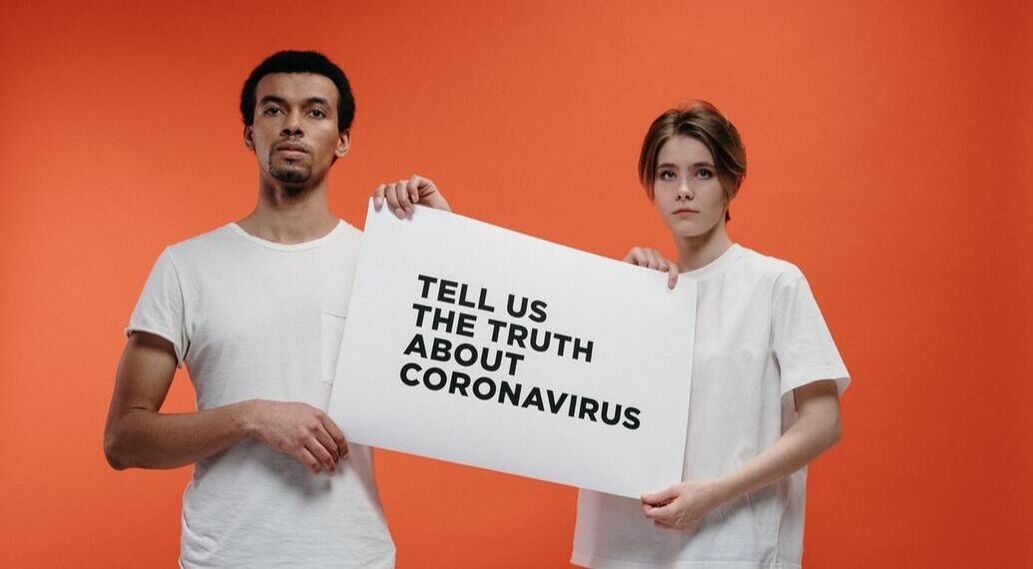


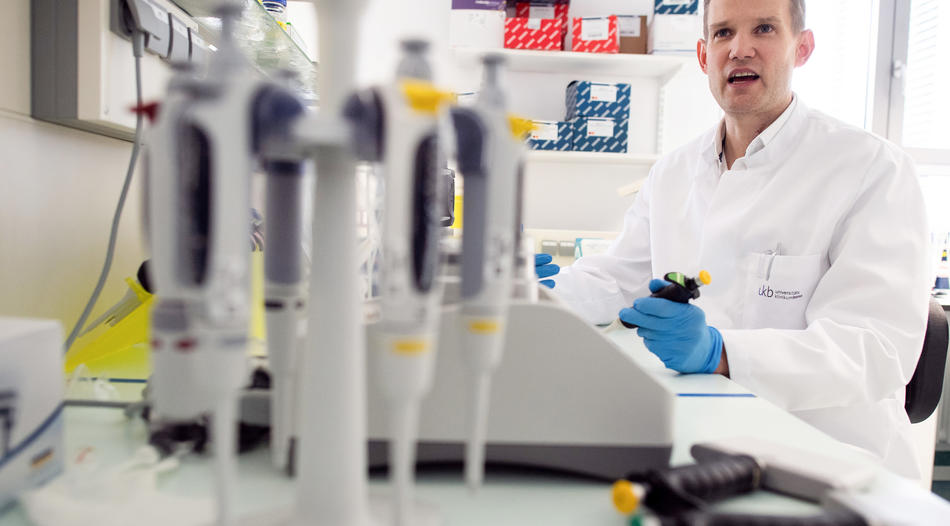

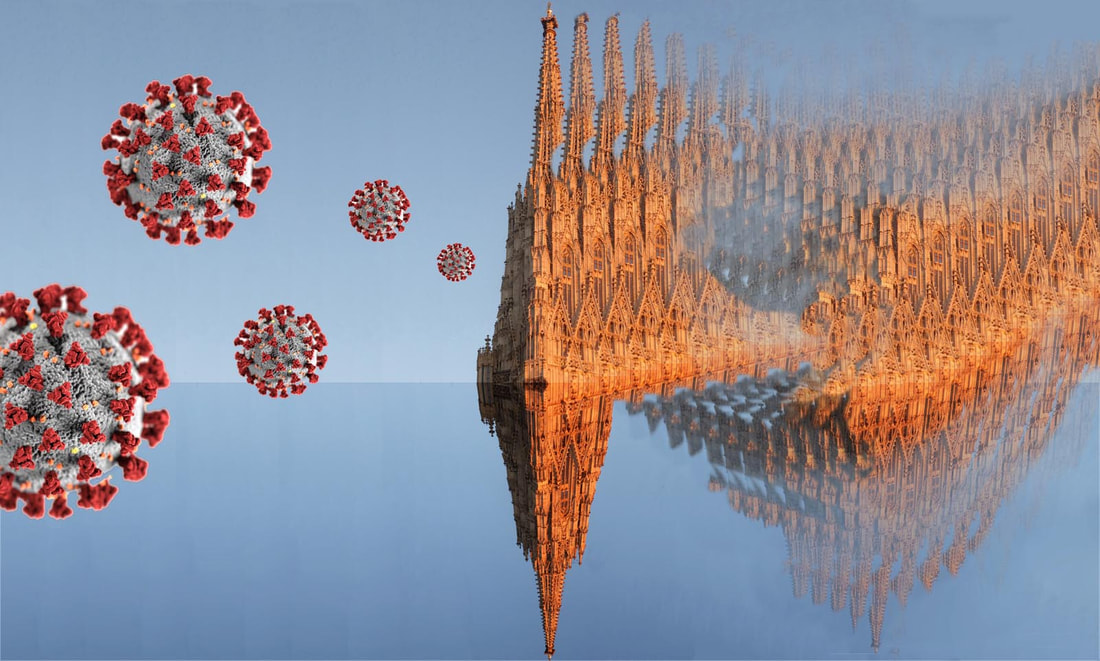

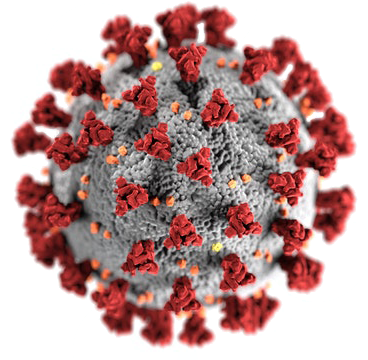
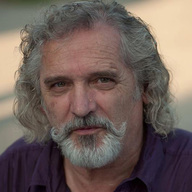
 RSS Feed
RSS Feed



